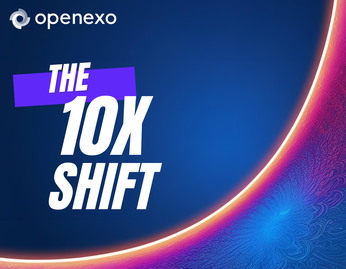Emotional Intelligence

The Future of Education is WOW: Blending VARK, Adaptivity, and AI for Personalized WOW Learning Paid Members Public
The VARK model categorizes learners based on preferred modes of engagement, but the future of education lies in AI-powered adaptivity, seamlessly personalizing learning experiences to meet the multifaceted and evolving needs of each individual student in real-time.

The Happy Leader: Boost Your Happiness and Leadership Effectiveness Paid Members Public
Our emotional states as leaders have a direct impact on the productivity of our teams. Emotions are contagious.

Work as Necessary as Rest Paid Members Public
Achieving balance involves challenging the beliefs you have lived by, especially the "have to" (be available, be present, multiply, etc.). When the "have to" becomes present in your life, you begin to live according to the agenda of others, not your own.

Psychosomatic: What Do the Brain and Body Tell Us About Health? Paid Members Public
Somatic symptoms can manifest at any age. You may find it in individuals who have a chaotic life, resistance to expressing and recognizing emotions, problems during childhood, sexual abuse, depression, personality disorders, drug use and other toxic-related substances, and condition of unemployment.

Steward Leadership: a Synergic Approach for a World with a Future Paid Members Public
Nine essential components were identified for a steward leader, such as personal and shared vision, personal mastery, mentoring, vulnerability and maturity, valuing diversity, experimentation and risk-taking, raising awareness, and delivering results.

The Power of Saying “NO”: From Psychology to Neuroscience Paid Members Public
Learning to say No is also related to emotional intelligence (EQ). Hence, adapting one's own and others' emotional states would help in managing tasks, relationships, and challenging situations. Studies showed higher EQ is associated with mental health, job performance, and leadership [2].

Advantages of Equity and Challenges for Women in the Workplace Paid Members Public
Companies need to recognize and reward women leaders who are driving progress. And they need to do the deep cultural work necessary to create a workplace where all women feel valued, and biases about their competence and authority are eliminated.







